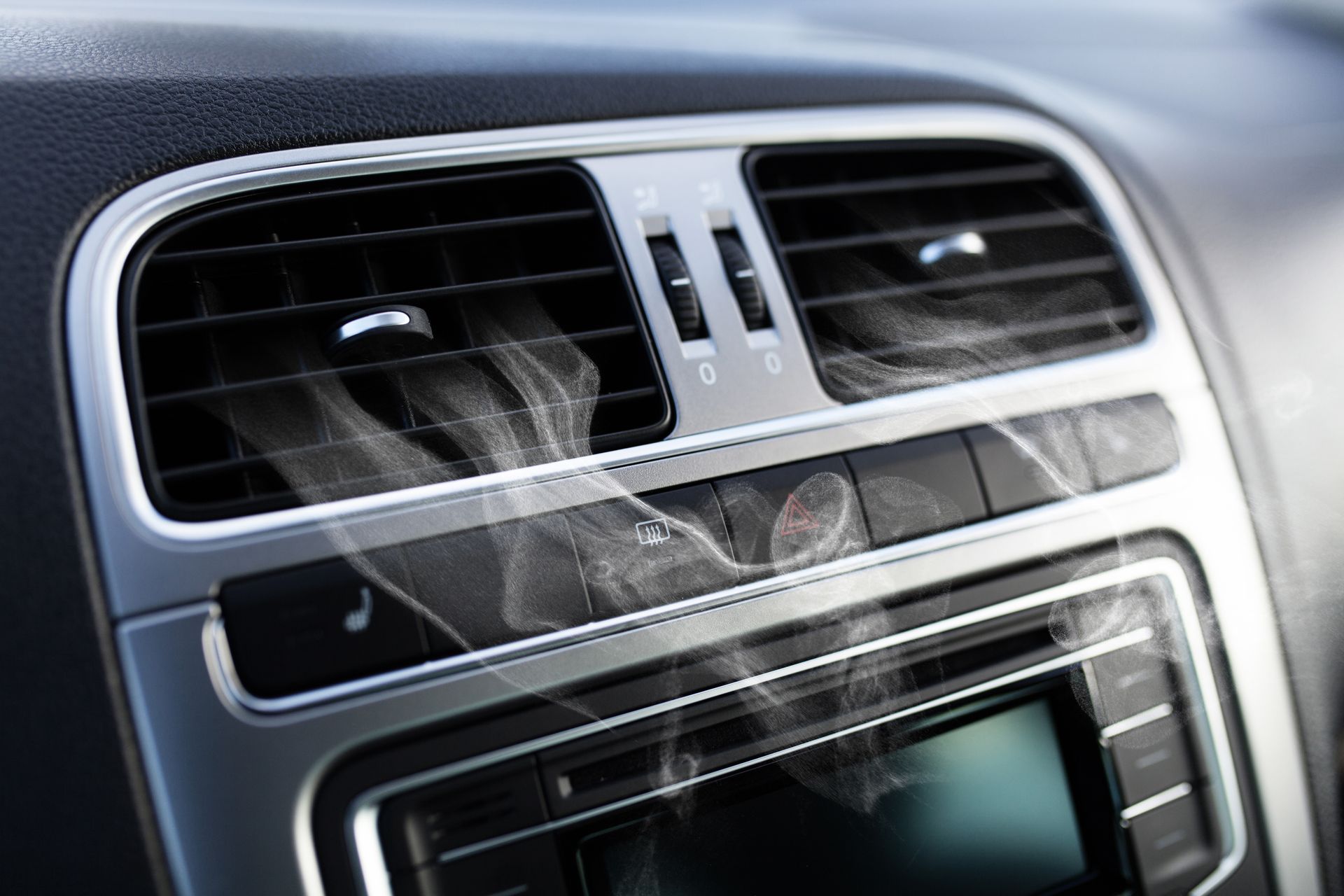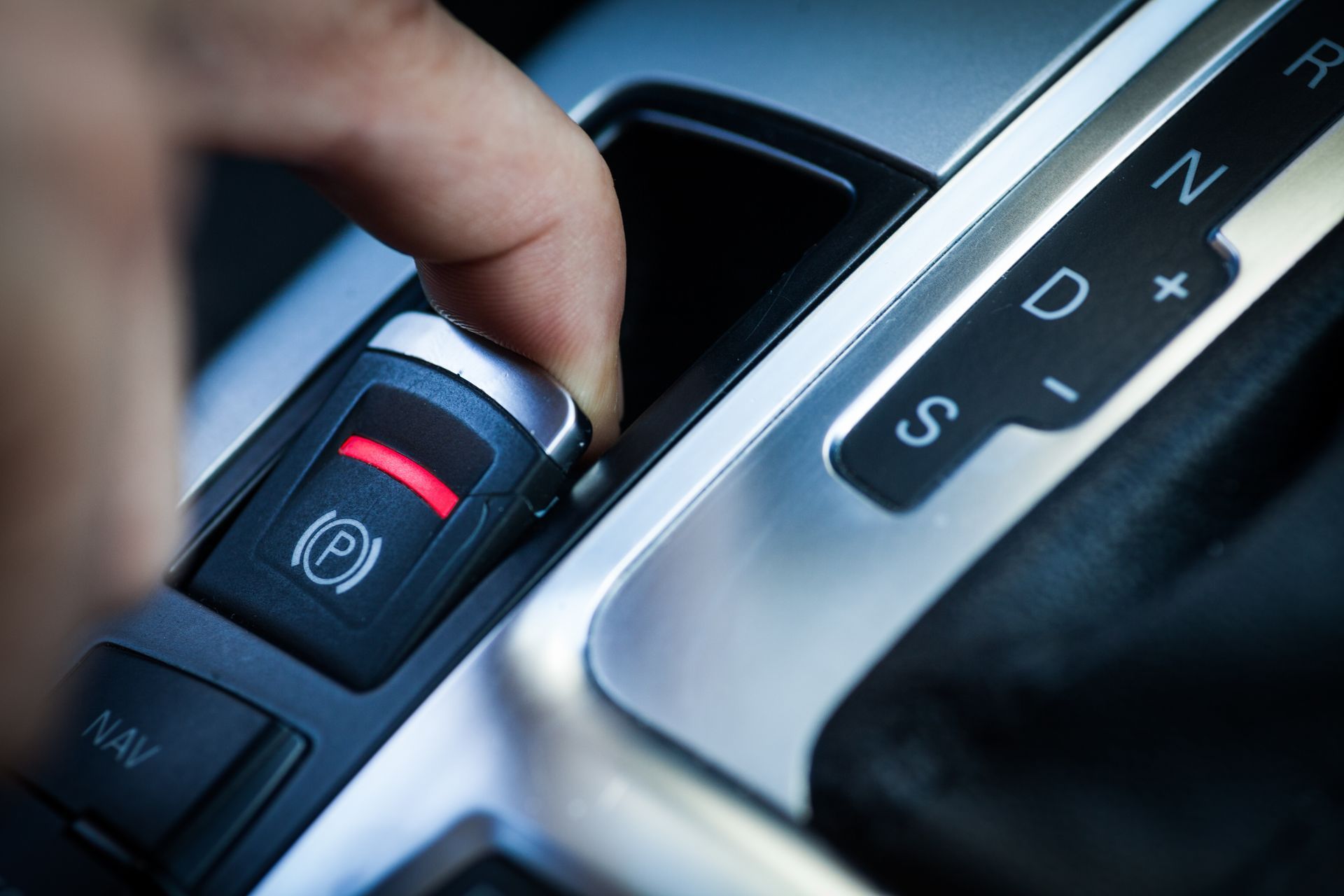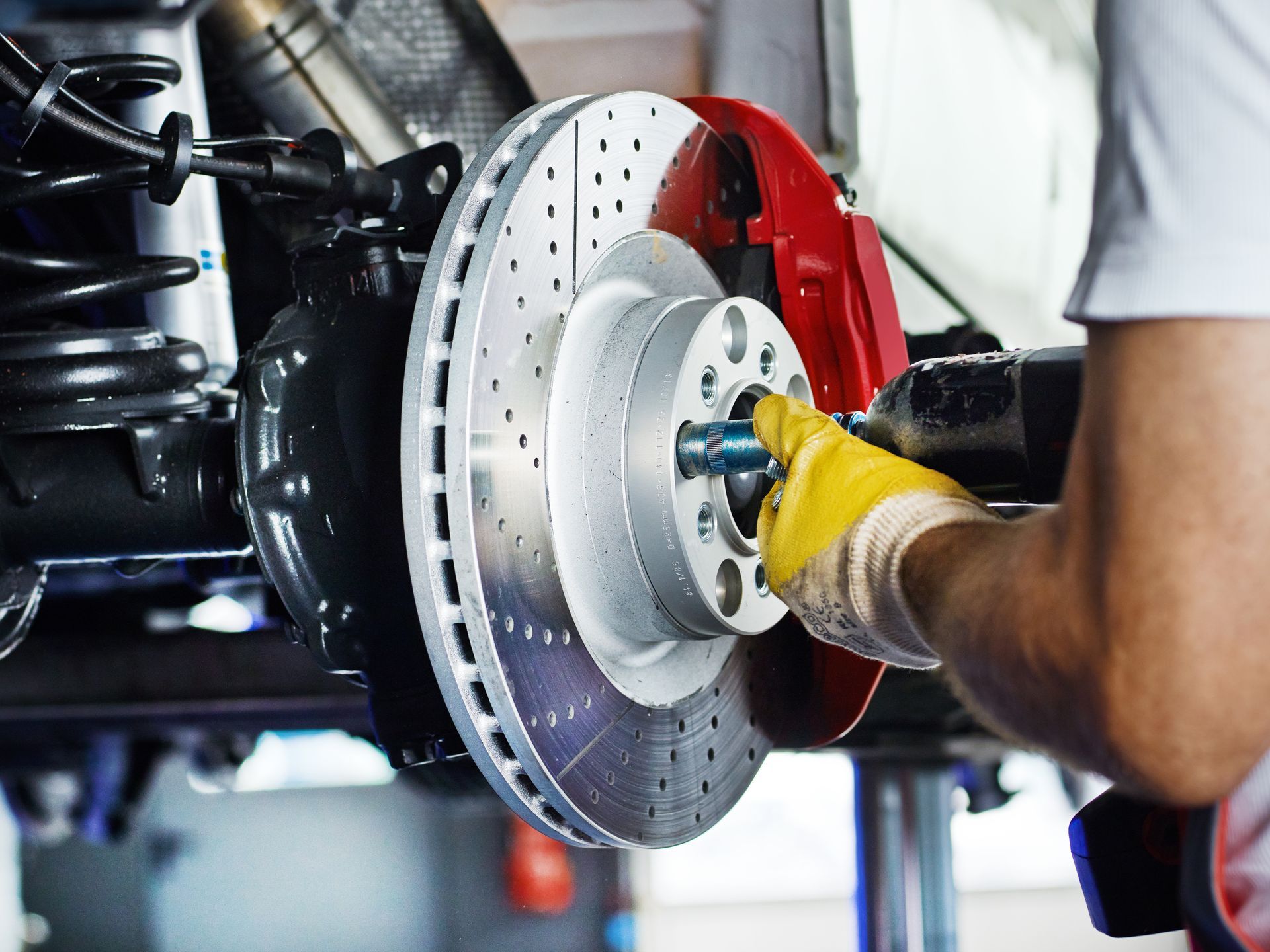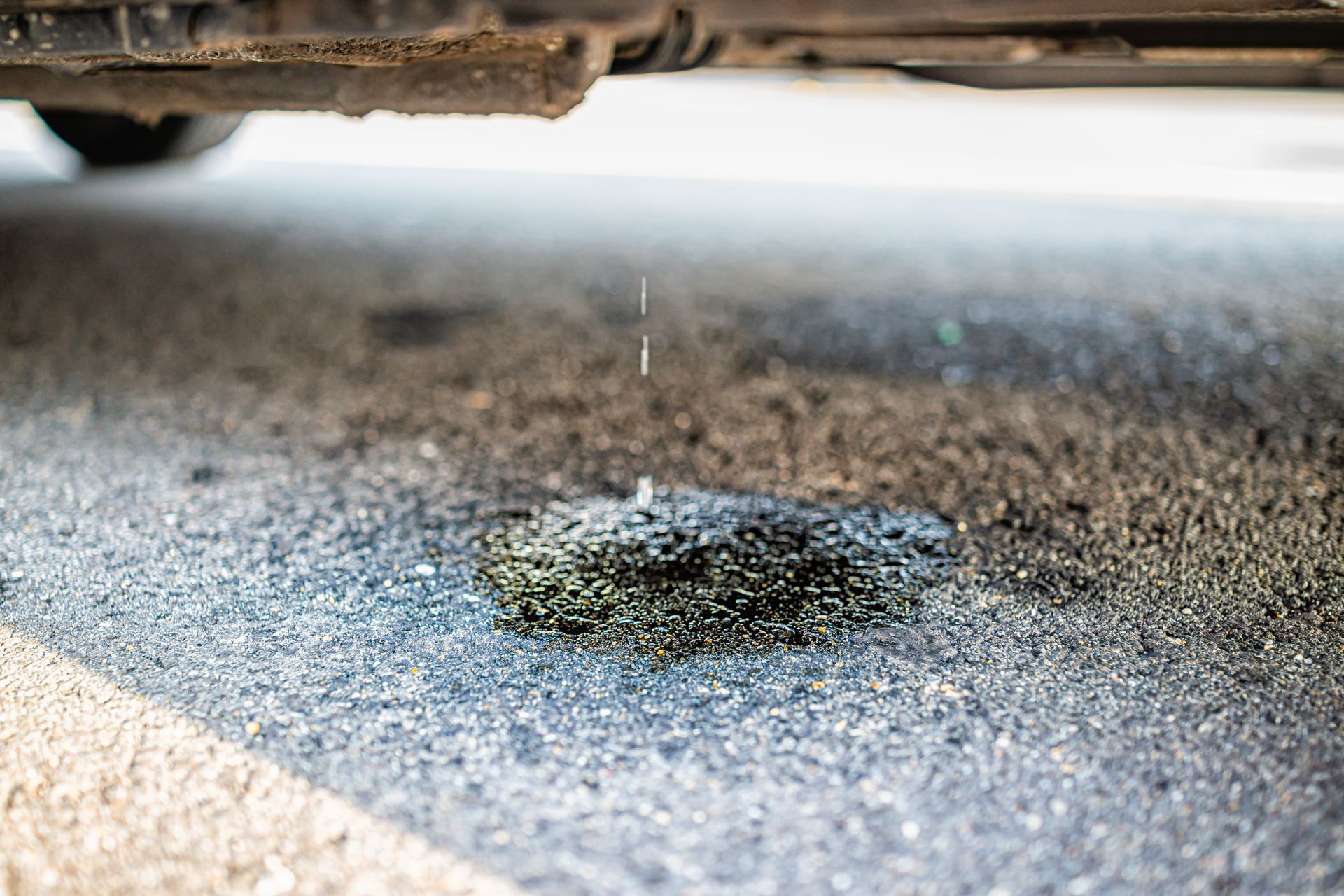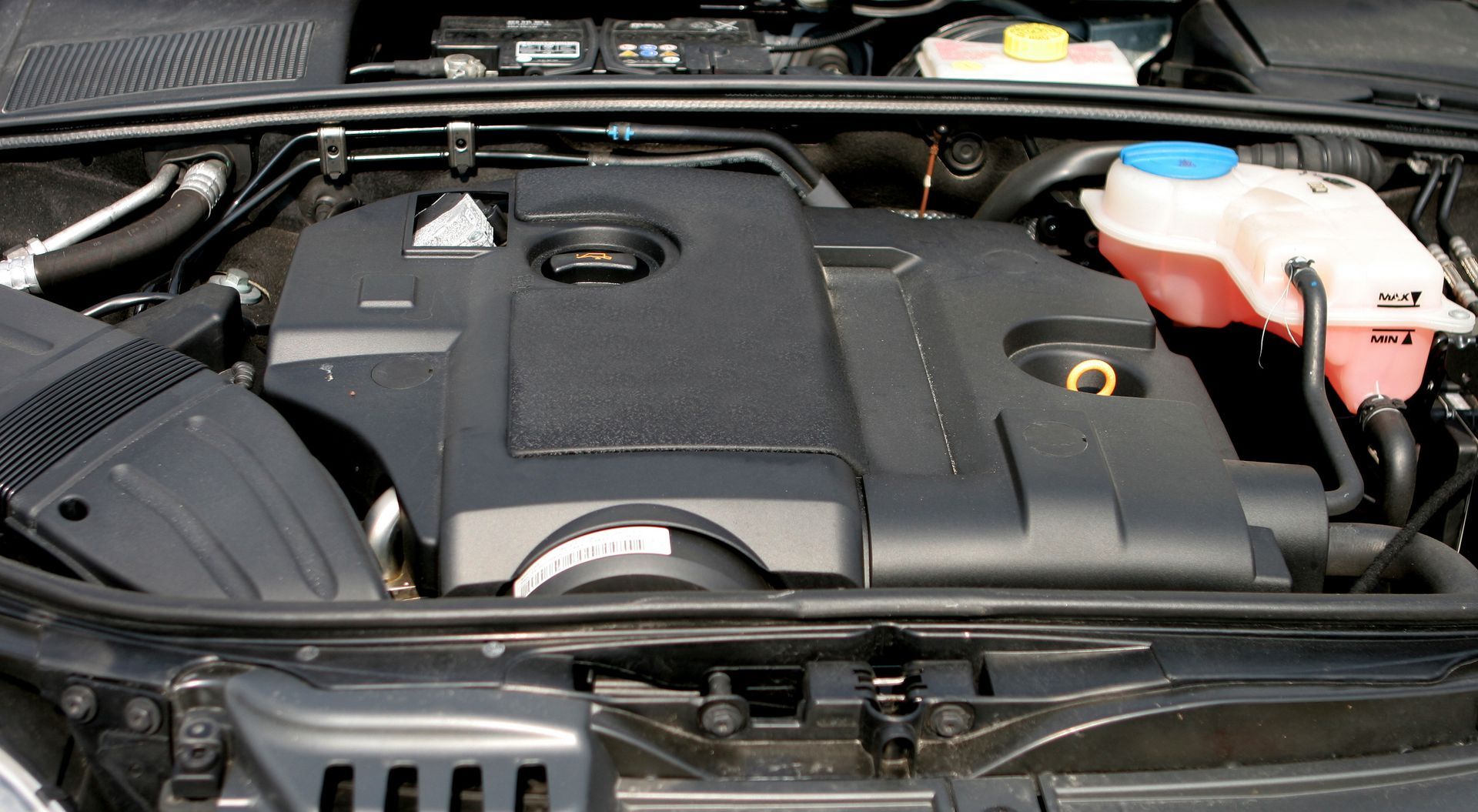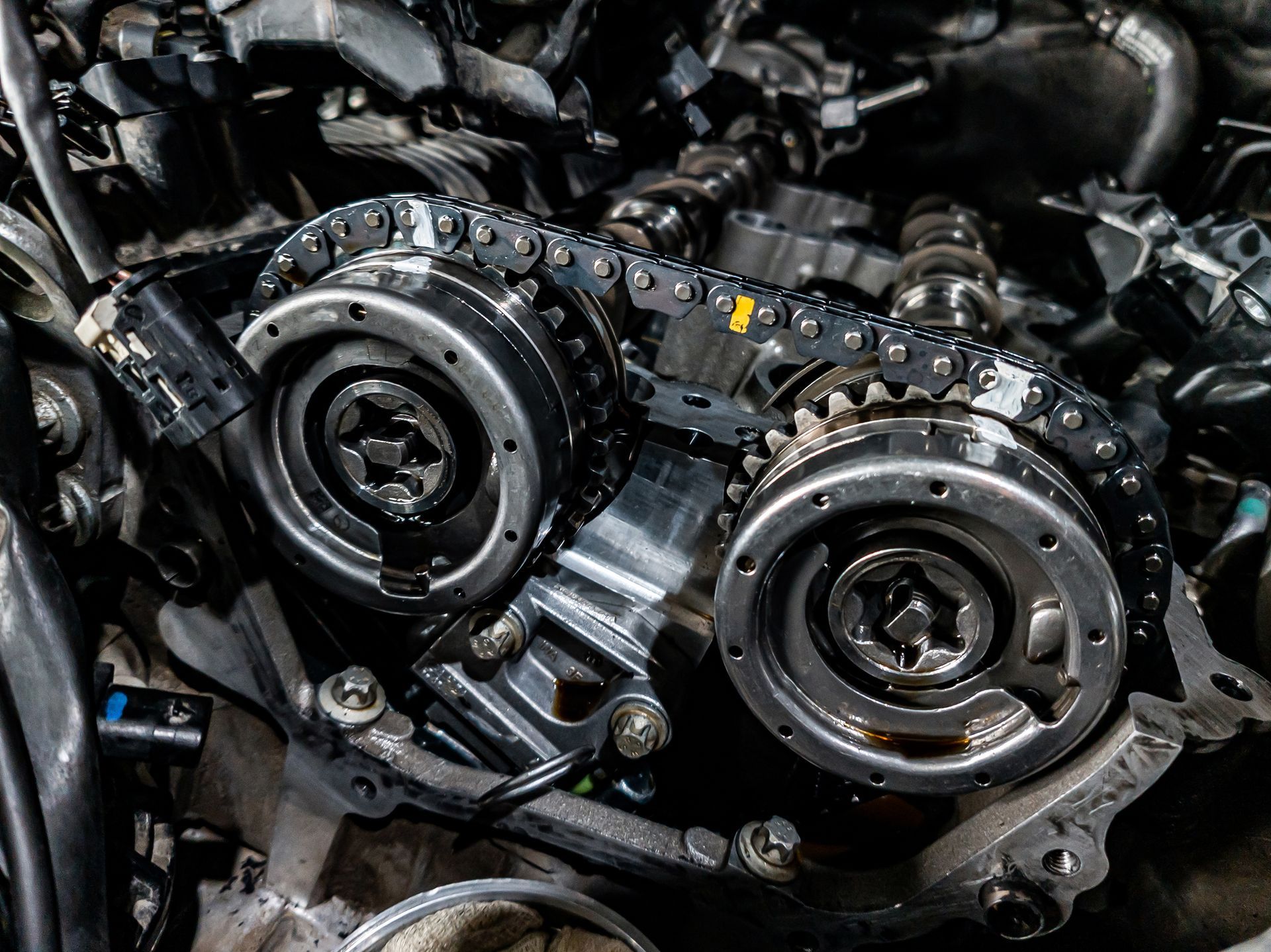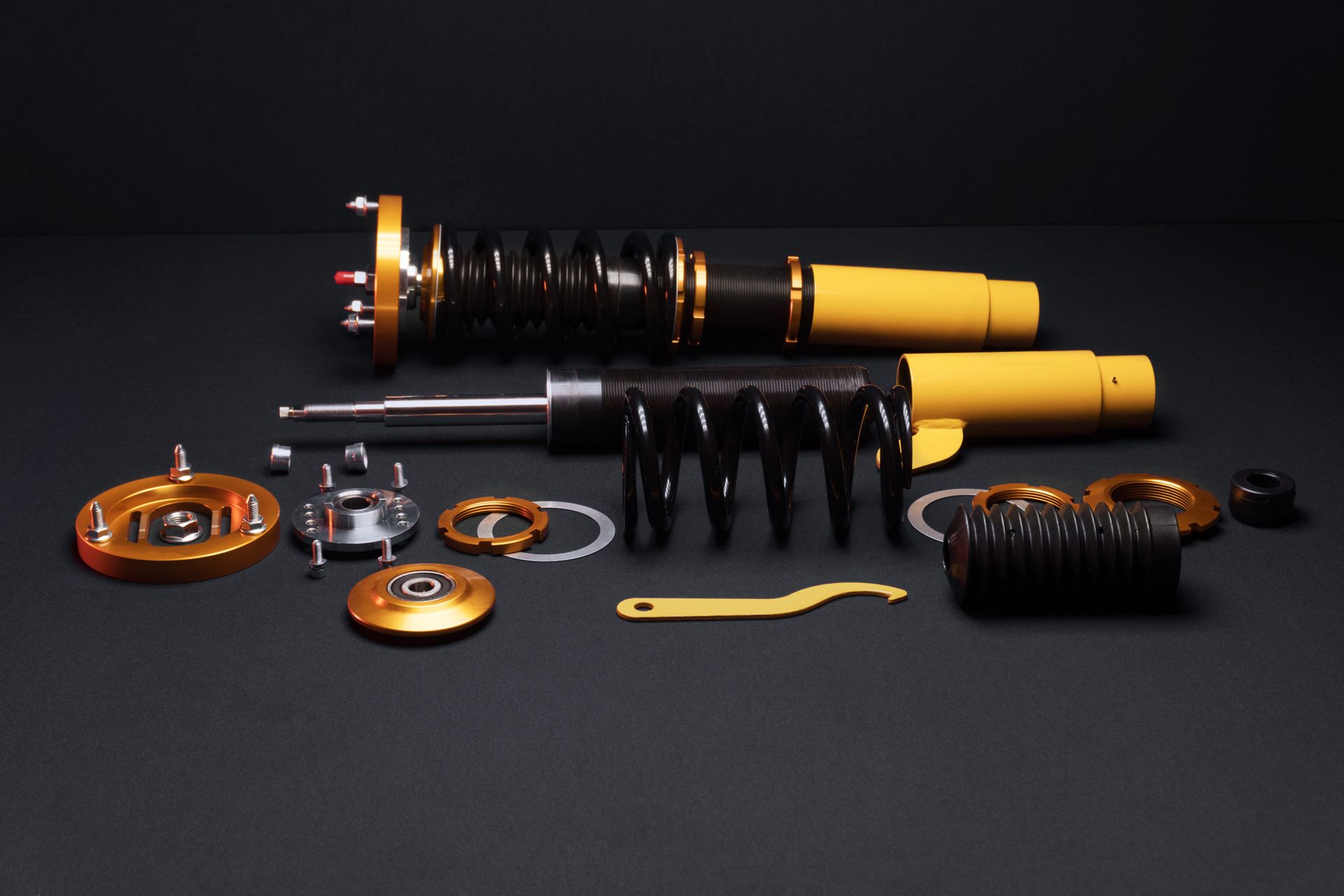You try to start your car, but it doesn’t even try to turn over—no click, no lights, nothing. A dead battery seems to come out of nowhere, and it always picks the most inconvenient moment. Most people expect a warning sign or two first, like dim lights or slow cranking, but sometimes batteries just stop working with zero notice. So why does that happen, and what can you do to prevent it? Let’s break it down.
What Can Cause a Sudden Battery Failure
Not all battery failures are slow or predictable. In fact, batteries can seem fine one day and fail completely the next, especially in extreme temperatures. Here’s what can lead to an abrupt failure:
- Internal short circuits: A battery can develop a short between its internal plates, which may not give any early symptoms.
- Extreme cold or heat: Batteries are highly sensitive to temperature swings. A weakened battery might work in mild conditions but fail during a cold snap or heatwave.
- Parasitic drains: An interior light, faulty module, or charging port drawing power overnight can quietly drain your battery.
- Loose or corroded connections: Even if your battery is healthy, a poor terminal connection can suddenly cut off power to your starter or electronics.
- Aging battery: Most car batteries last 3 to 5 years. If yours is at the end of that lifespan, it could give out without much notice—especially if it's been heavily used or undercharged.
Why There Aren’t Always Obvious Symptoms
While many batteries show signs before failing—like slow cranking or dim headlights—others don’t. That’s especially true with modern vehicles. Newer cars have systems that can mask weak battery performance until there’s no reserve power left.
Plus, short city drives don’t allow the alternator to fully recharge the battery, and a battery that’s just barely hanging on may still manage to start the car once or twice before completely dying.
You might not even notice anything’s wrong until you hop in your car after work or the next morning—and it’s completely dead.
Warning Signs to Watch For
While not all battery failures give you fair warning, some do. If you spot any of these signs, it’s a good idea to get your battery tested:
- Slow engine crank when starting
- Flickering or dim dashboard lights
- Needing to give it gas to get the car started
- Warning lights (battery or check engine)
- Electrical issues—like the radio resetting or windows rolling up slower than usual
If you’ve had to jump-start your car more than once lately, don’t assume the problem fixed itself. It’s likely your battery is close to calling it quits.
Prevent Getting Stranded
The best way to avoid a sudden battery failure is to proactively check your battery health—especially as it gets older. Many auto repair shops, including Malones Automotive Service, offer quick battery tests that show how much life is left in your battery.
In addition, you can:
- Check and clean your battery terminals regularly
- Make sure all interior lights are off when exiting the car
- Unplug chargers or accessories that could drain power
- Consider replacing your battery preventively around the 4-year mark
Also, if your car sits unused for long stretches, a trickle charger or battery maintainer can help keep it topped off and ready to go when you are.
Can a Battery Be Bad Even If It Starts the Car
Absolutely. A battery can have just enough voltage to start your car while still being weak or damaged inside. It may leave you stranded on the next cold morning or after a short errand. That’s why a battery test is more reliable than simply judging it by how the car starts.
A weak battery can also place extra strain on your alternator and starter—leading to more expensive repairs down the line if not addressed early.
Malones Automotive Service – Battery Testing & Replacement in Marietta, GA
Not sure how much life is left in your battery? Stop by
Malones Automotive Service in Marietta, GA, for a quick battery test and peace of mind. We’ll check the condition, charging system, and connections—so you can drive with confidence.

